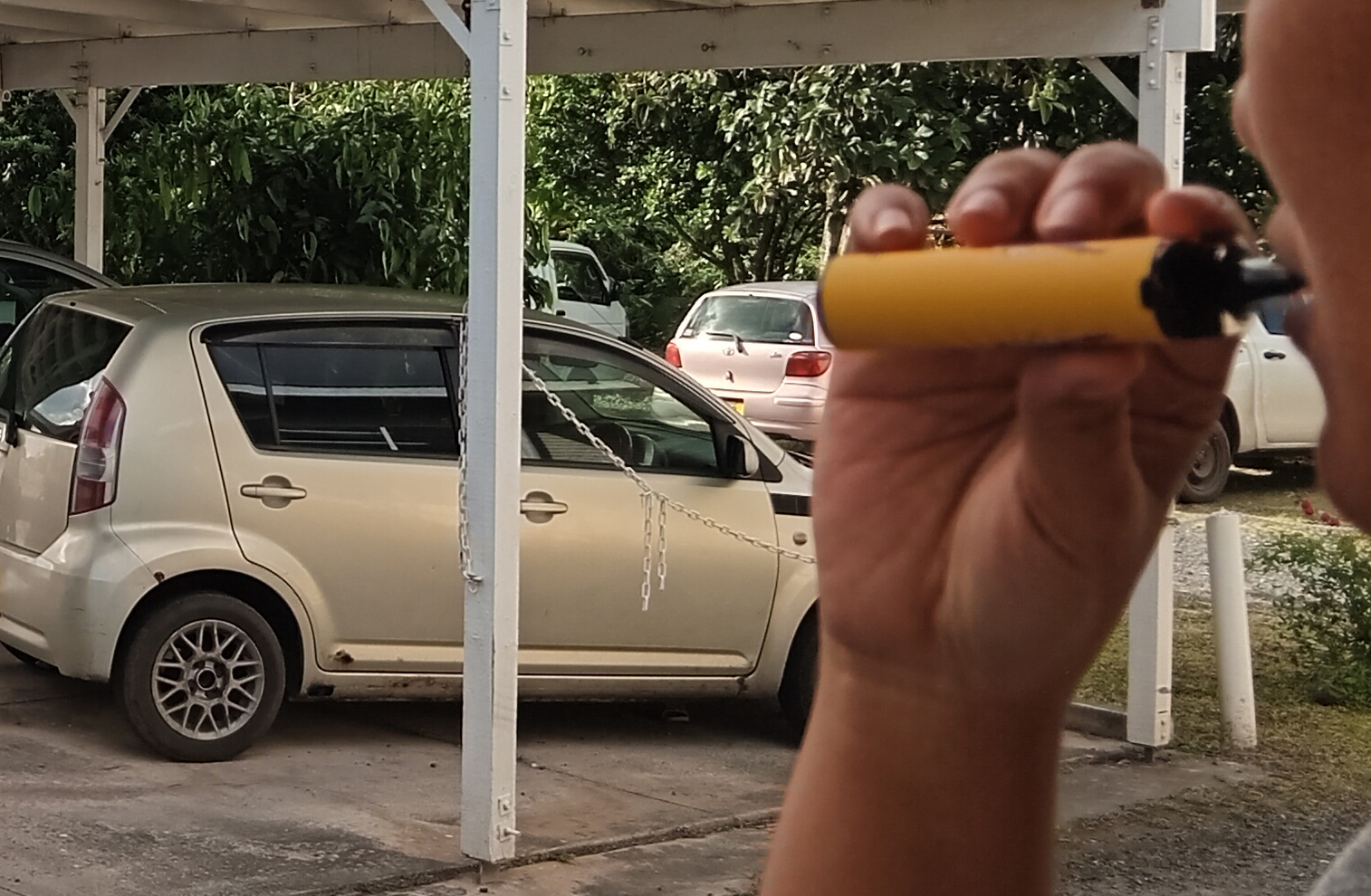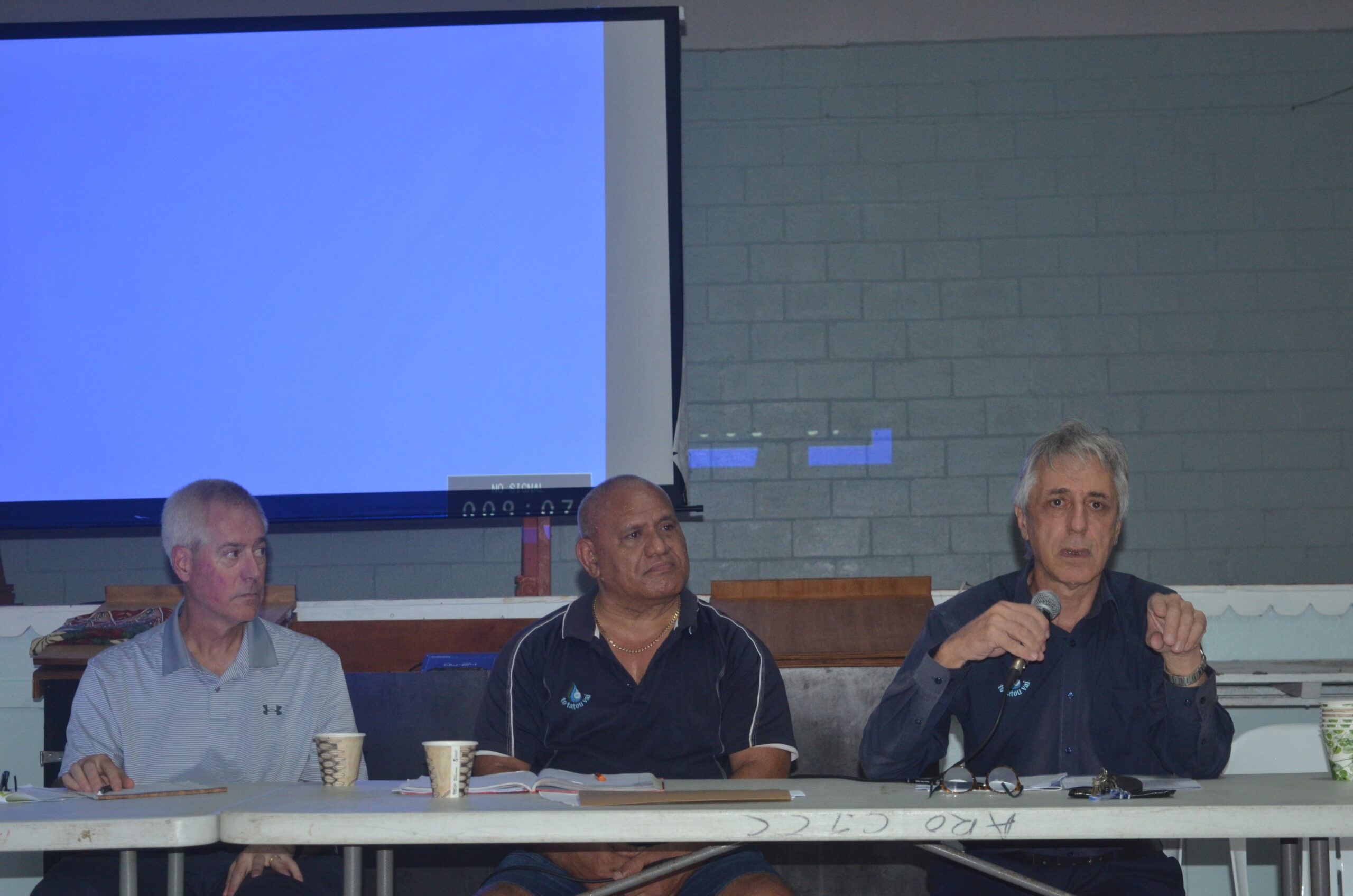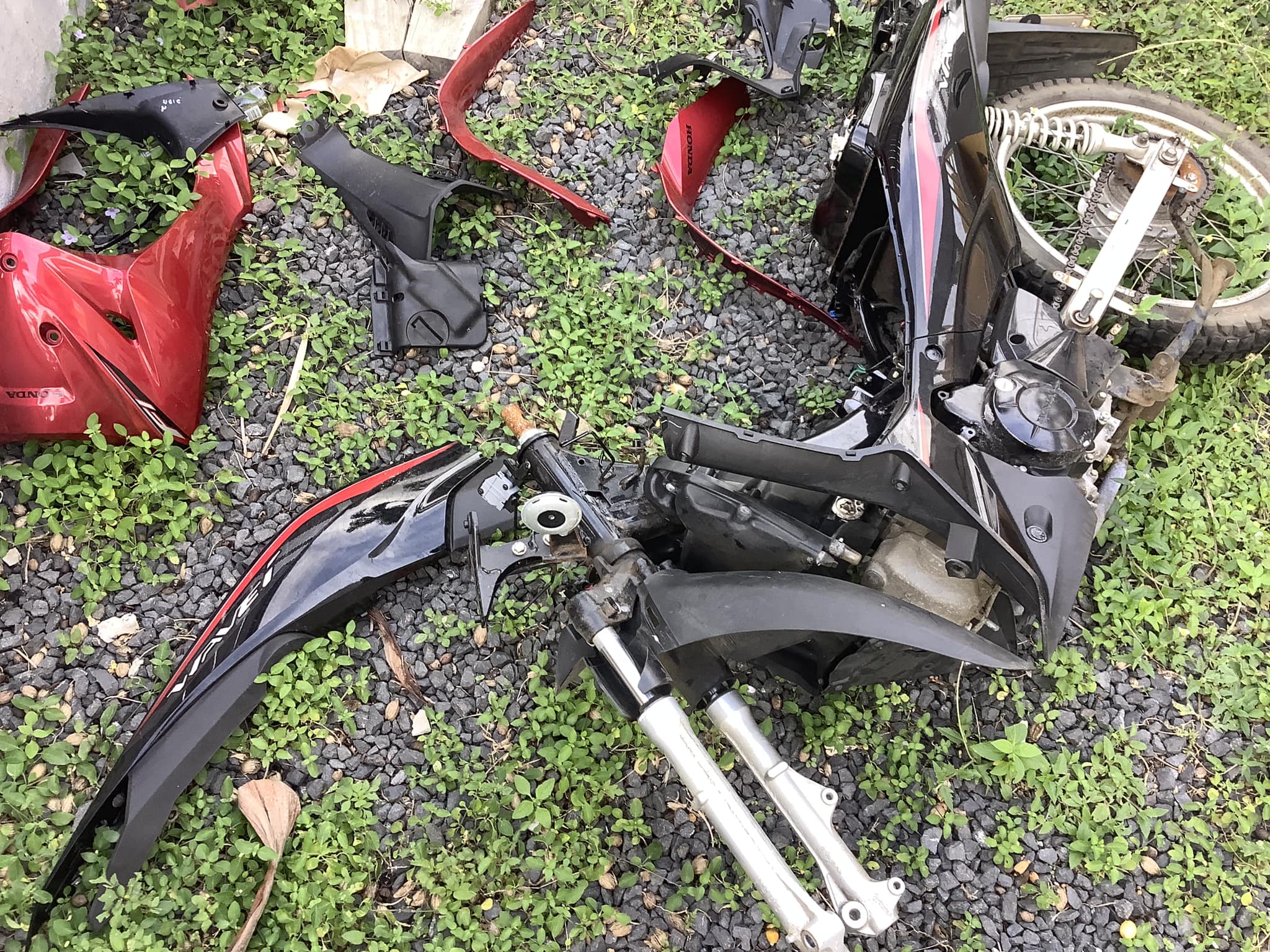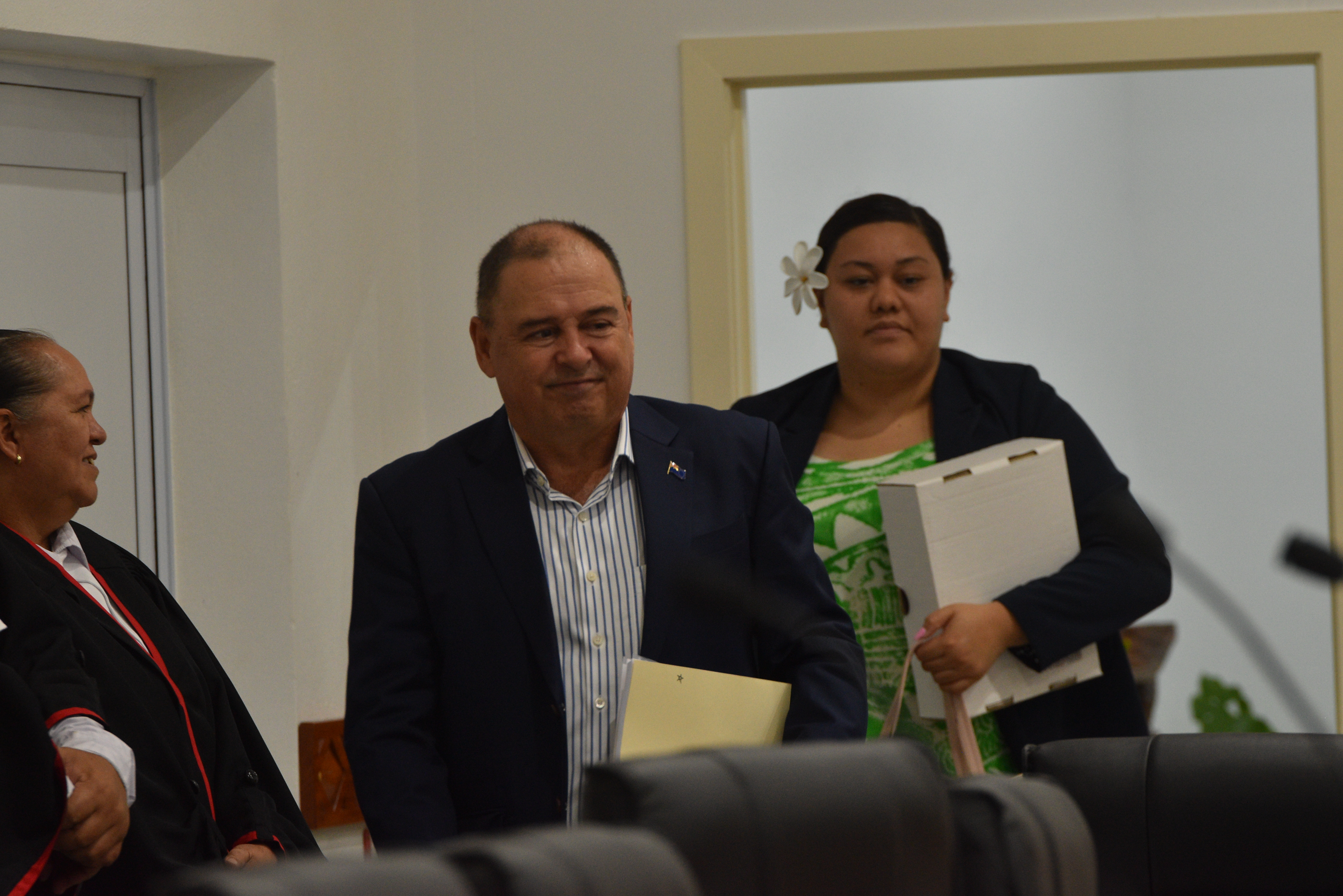PET TALK: Desexing Clinics
Wednesday 2 February 2022 | Written by Supplied | Published in Features, Go Local
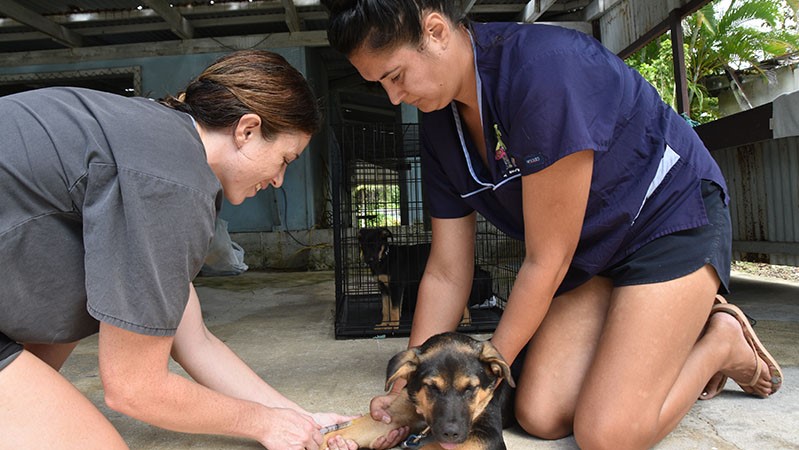
Te Are Manu Veterinary Clinic place a dog under anaesthesia in preparation for de-sexing. PHOTO: AL WILLIAMS 21092207
The call to Te Are Manu (TAM) came in at about 8am, the first of the day but not the first of its kind in recent times.
The person on the phone was upset and confronted by what she had found. A box of seven puppies had been abandoned in the rain the night before, left in a public car park. They were about four- weeks-old, and because they had been exposed overnight, they were weak, wet, and cold. The box was disintegrating but the puppies were huddled together, trying to keep warm.
The first clinic will be held, once again in Tupapa, on February 9. The second will be a week later, on February 16, then we take a few weeks off before resuming on March 16.
The public support for the clinics during the first round was great and we hope it will increase in the second round. The clinics remove the barriers to desexing dogs; they are local, the SPCA will pick up and drop off your animals and the costs are funded by DRACC. All dogs are microchipped and receive desexing certificates, so they can be registered. The process is simple and convenient. And coming to your Puna soon.
Desexing pets is an important step all owners should take. Behaviour, health, and life expectancy all benefit from the operation. Desexed male dogs are less aggressive towards other dogs and people, less likely to be involved in fights and less likely to be run over. They will not develop testicular cancer or prostate cancer. Desexed females don’t develop uterine infections or mammary (breast) cancer. And they don’t have litters of puppies to be left in carparks. Less fights, less aggression, less cancer, less unwanted puppies. Less wandering by dogs at night, the males stay home and look after their houses instead of looking for girls. Quieter nights, fewer fights.
The carpark puppies were brought to Te Are Manu. They were warmed up and assessed. The SPCA, who had also been contacted arrived and took over their care. They were rehomed, after being desexed, within 8 weeks. A happy ending but still a tragic, unnecessary story. See you at one of our desexing clinics.








